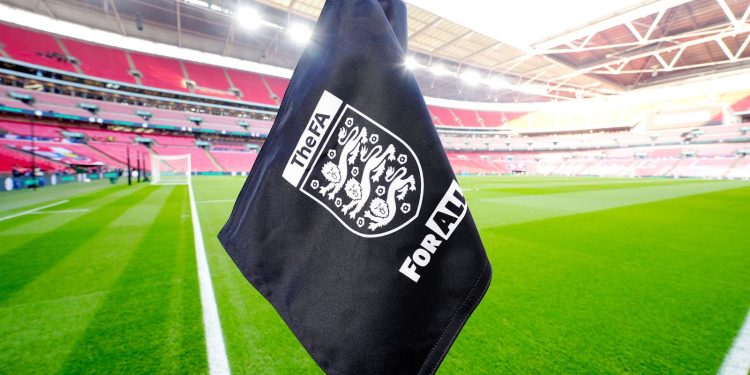The Football Association (FA) and England Netball have announced a ban on Transgender women playing in women’s teams, following the recent UK Supreme Court ruling that defines “woman” in the Equality Act as a biological female. The decision marks a major shift in sports policy across England, with the England and Wales Cricket Board (ECB) expected to follow suit at its board meeting on Friday.
The FA had previously allowed transgender women—those who experienced male puberty—to compete in women’s football if they maintained testosterone levels below 5 nmol/L for 12 months. However, after receiving legal advice from King’s Counsel in light of the court’s April 16 ruling, the FA said it had to change course.
“This is a complex subject, and our position has always been that if there was a material change in law, science, or the operation of the policy in grassroots football then we would review it and change it if necessary,” the FA stated.
The new policy, effective 1 June 2025, will prevent transgender women from competing in women’s football. The FA said it would personally contact the approximately 20 transgender women currently registered and help them find ways to remain involved in the game.
“We understand that this will be difficult for people who simply want to play the game they love in the gender by which they identify,” the FA said.
A Downing Street spokesperson supported the move, affirming that while each sport sets its own rules, legal compliance is essential. “We have been clear that biology matters when it comes to women’s sport,” the spokesperson said.
England Netball also confirmed it will ban transgender women from the female category starting 1 September. It will offer a mixed netball format that allows players to participate according to their gender identity. “The female category will be exclusively for players born female,” England Netball said, stressing the goal of ensuring fairness in women’s sport.
Currently, English cricket permits transgender women to play in grassroots female competitions, but that policy is expected to change on Friday.
The decisions were welcomed by advocacy groups like Sex Matters, whose campaigns director Fiona McAnena said: “This is welcome but long overdue. Every other sporting body now needs to re-establish a genuine women’s category.”
SEEN in Sport, representing athletes and coaches supporting biological definitions in sport, also approved but criticized the delay. “It has been a failure of leadership for them to ignore the legitimate concerns of the people who care about the integrity of the women’s game,” the group said.
In contrast, LGBT+ charity Stonewall condemned the FA’s and Scottish FA’s decisions, calling them premature. “The FA and Scottish FA’s decision to ban trans women from women’s football has been made too soon,” it stated. “It is incredibly disappointing, especially as the FA has been a long term and vocal supporter of our Rainbow Laces campaign.”











